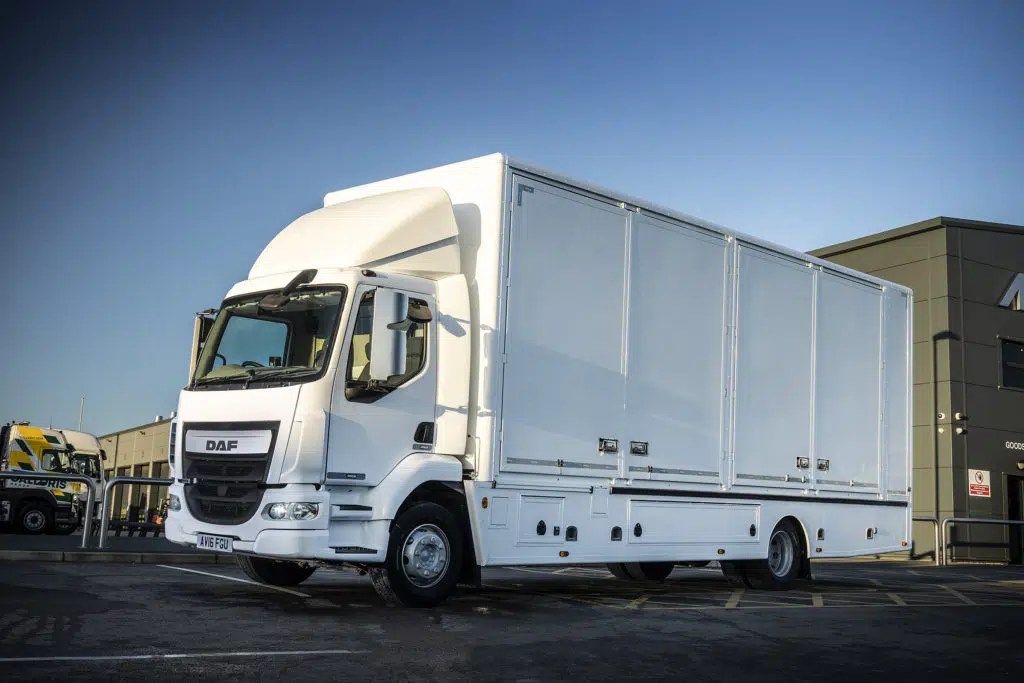Haulage transport services involve the transportation of goods by road using heavy vehicles such as trucks and lorries. These services are crucial for the supply chain, enabling the movement of products from manufacturers to distributors, retailers, and end consumers. Key aspects of haulage transport services include:
- Types of Haulage:
- General Haulage: Transporting a wide range of goods.
- Specialist Haulage: Handling specific types of cargo like hazardous materials, oversized loads, or temperature-sensitive goods.
- Vehicles Used:
- Articulated Lorries: For large volumes of goods.
- Rigid Trucks: For smaller loads and urban deliveries.
- Flatbed Trucks: For oversized and irregularly shaped items.
- Services Provided:
- Full Truckload (FTL): Entire truck dedicated to one shipment.
- Less than Truckload (LTL): Combining multiple smaller shipments.
- Express Delivery: Fast delivery options for urgent shipments.
- Warehousing and Distribution: Storage and subsequent distribution services.
- Key Considerations:
- Routing and Scheduling: Efficient route planning to minimise costs and delivery times.
- Compliance: Adhering to transportation regulations, including safety and environmental standards.
- Insurance: Coverage for goods in transit to protect against losses or damages.
- Tracking and Communication: Real-time tracking of shipments and effective communication with clients.
- Benefits:
- Efficiency: Streamlined logistics operations.
- Flexibility: Customisable services to meet specific needs.
- Cost-Effectiveness: Competitive pricing models.
Haulage transport services play a vital role in ensuring that goods reach their destinations safely, efficiently, and on time, supporting businesses across various industries.




Leave A Comment